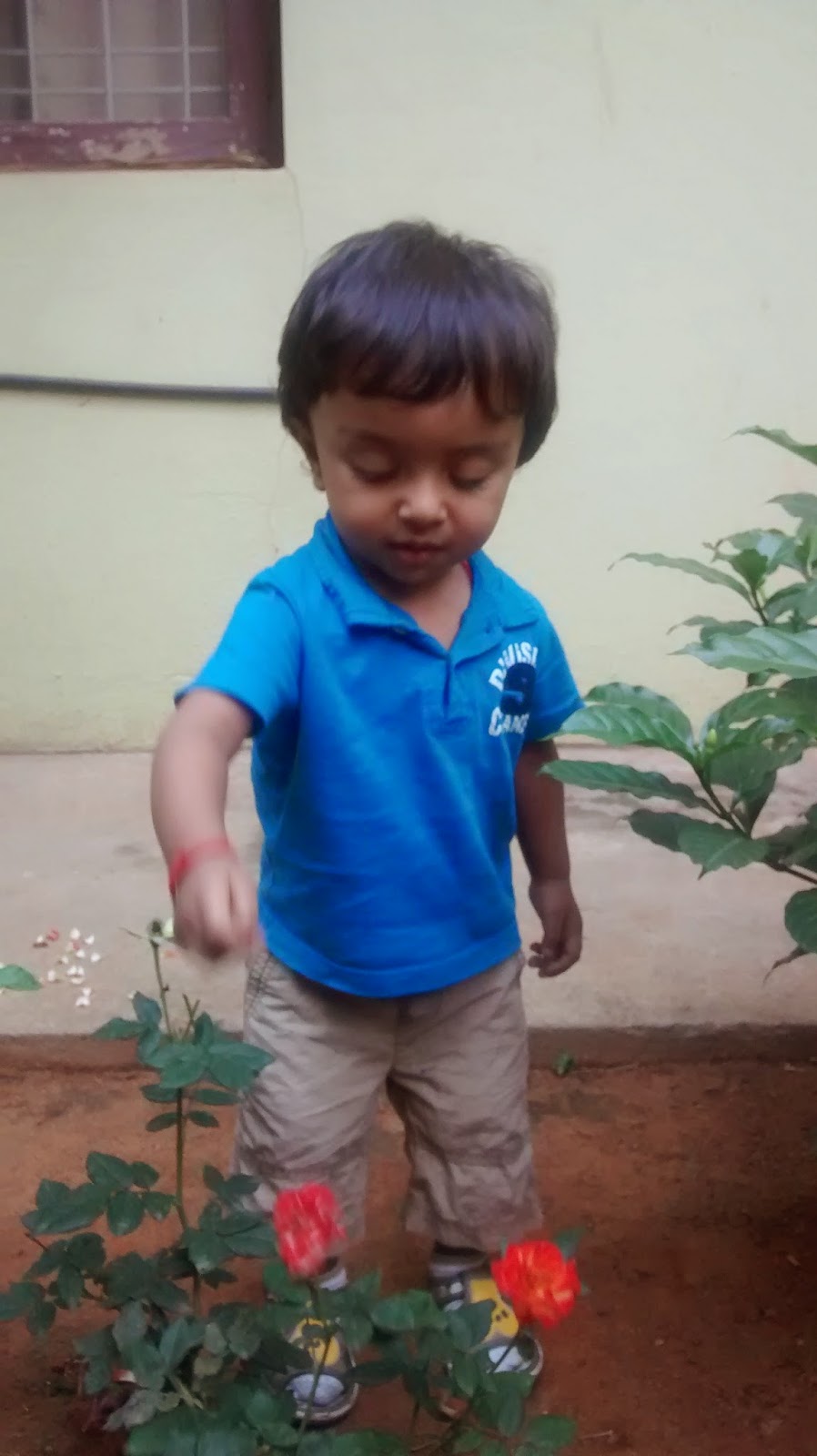Congress Party to Fight Back!
Son: The Congress Party is said to be quite serious in its bid to come back to power at least in the next Five-Year elections to Lok Sabha, dad.
Father: Go on, son.
Son: The party is said to have assigned major roles to three of its important leaders, dad.
Father: Go on, son.
Son: Ajay Maken, the former Minister, is entrusted with the job of going through the educational qualifications of all the BJP MPs and find out discrepancies, if any, dad!
Father: Go on, son.
Son: He has to particularly see whether the Universities from which they passed out were existent at the time of issuing their degrees, dad!
Father: Interesting. Go on, son.
Son: The irrepressible Kapil Sibal has been asked to review all the scams that happened during Manmohan’s regime, dad.
Father: For what purpose? Go on, son.
Son: He is supposed to prove that the loss incurred in all these scams to the exchequer is ‘Zero’, dad!
Father: Wonderful. Go on, son.
Son: The controversy king Diggy (Digvijay Singh) has been assigned with a more challenging role, dad.
Father: Like what? Go on, son.
Son: He is supposed to review all terror cases that took place during the Manmohan regime, dad.
Father: For what purpose? Go on, son.
Son: He has to somehow prove that majority of the cases were from saffron terror outfits, dad!
Father: I don’t know, son!
Mani Shankar Aiyar Missing!
Son: The Congress Party was seriously thinking of assigning a major role to Mani Shankar Aiyar, dad.
Father: Go on, Son.
Son: But the party could not find the whereabouts of him even after a thorough search, dad.
Father: How come? Go on, son.
Son: But ultimately he was said to have been traced in interior Tamil Nadu, dad.
Father: How come? Go on, son.
Son: He was found operating a small tea stall there, dad.
Father: Interesting. Go on, son.
Son: When the journalists asked for the reasons for opening a tea stall, Mani was said to be quite forthcoming, dad.
Father: Go on, son.
Son: He told them that his ultimate aim was to become the Prime Minister of the country, dad!
Father: Go on, son.
Son: He explained that he had made a small beginning by following the footsteps of Modi, dad!
Father: I don’t know, son!
Karnataka’s New Facility for IPS Officers!
Son: The Government of Karnataka is said to have launched a new scheme for the benefit of senior IPS Officers in the state, dad.
Father: Like what? Go on, son.
Son: Under the scheme, the officers who are facing allegations can tender their resignation and give live interviews on the Kannada news channels, dad.
Father: Go on, son.
Son: They can talk to the Home Minister while sitting at the studios of the channels, dad!
Father: Go on, son.
Son: The Home Minister will persuade them to withdraw the resignation through the TV medium itself, dad!
Father: Go on, son.
Son: If they still insist on accepting their resignation, the Chief Minister would ask two or three other ministers and some writers to make them withdraw their resignation, dad!
Father: I don’t know, son!
Vijay Mallya Repents!
Son: The owner of Royal Challengers of Bangalore (RCB) Vijay Mallya is said to be in a state of shock, dad.
Father: How come? Go on, son.
Son: He was a witness to Kolkata Night Riders (KNR) winning the IPL Trophy 2014 in the Chinna Swami Stadium in Bangalore last week, dad.
Father: Go on, son.
Son: He could make out that Karnataka players played a major role in KNR’s second victory in IPL, dad.
Father: Go on, son.
Son: Mallya and his son Siddhartha had ensured that not a single player from Karnataka was in their time this year, dad!
Father: True. Go on, son.
Son: Mallya is said to have told somebody that if only he had spent a small amount on Karnataka players instead of Rs14 crore on Yuvaraj who almost turned out to be a dud, dad!
Father: I don’t know, son!





















